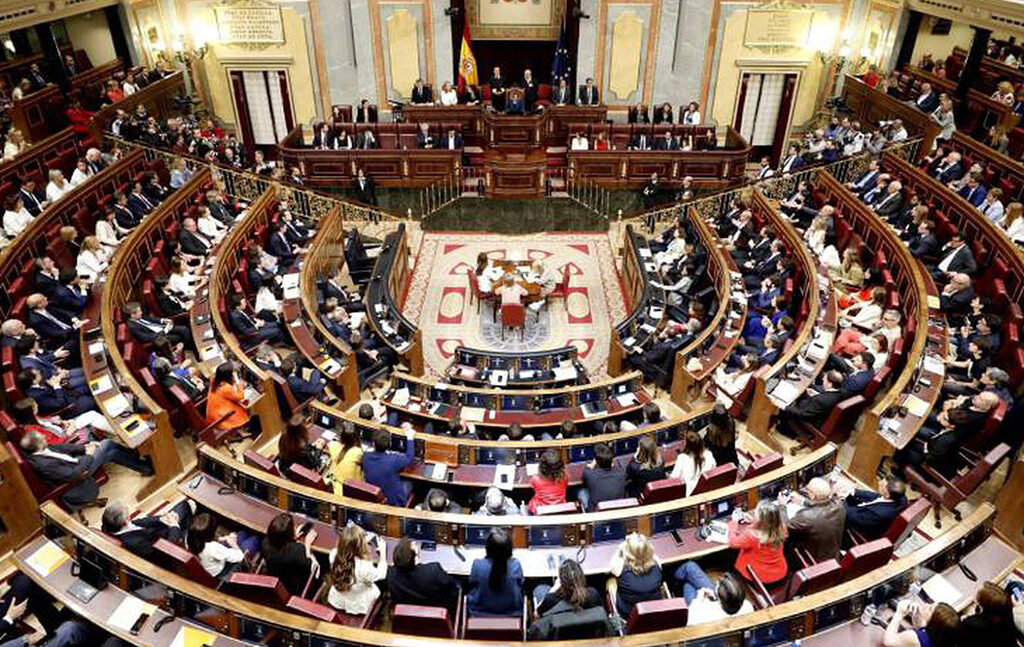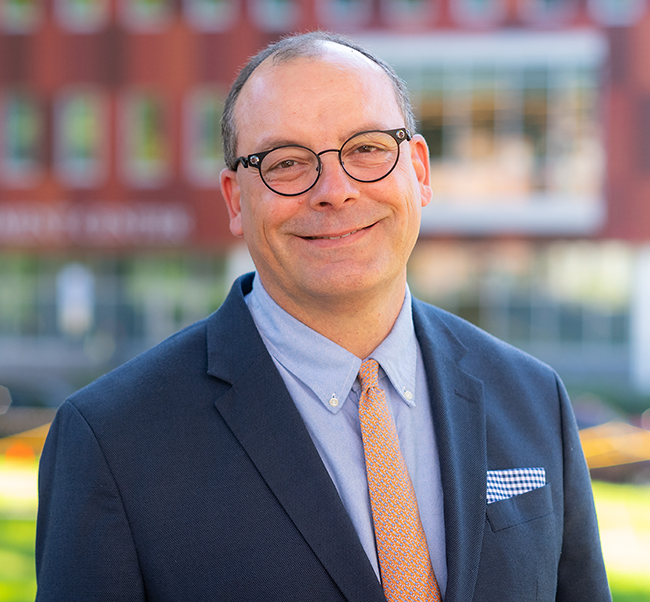Is the common good an uncommon concept?

“Vibrant civil societies have proved a necessary ingredient for freedom, prosperity, and justice to thrive in Europe and the United States. Their potential contribution to constructive debate and collective action for the common good is even more relevant today, as time has come to rethink social contracts on both sides of the Atlantic.”

This sentiment, expressed in a new report co-authored by Sebastián Royo, Clark University’s provost and vice president for academic affairs, and Marta Rey-García, professor of management at the School of Economics and Business at the University of A Coruña, Spain, suggests the urgency with which citizens of the world need to reimagine and work toward shaping societies that will thrive in liberal democracies.
The report, “Strengthening Civil Society in Spain: A Post-COVID-19 Agenda,” was recently published by the Belfer Center for Science and International Affairs at the Harvard Kennedy School in partnership with the Rafael del Pino Foundation. The Foundation’s Global Civil Society Seminar (GCSS), launched in 2016 in collaboration with the Kennedy School, annually convenes practitioners and academics from Spain to examine and analyze the latest global developments affecting civil societies. As the academic directors of the GCSS, Royo and Rey-García conducted the study — with contributions from members of the group’s alumni network of influential Spanish scholars and leaders in a number of fields — “to shed light on the current dynamics of civil society and to help promote civil society in a vibrant context.”
The authors expose and explore both the boons and challenges of forming and nurturing a civil society in their native Spain, which continues to transition to a liberal democracy. For instance, what impact can “informal actors and networks of support,” such as individual citizens, neighborhoods, families, communities, and movements, have in shaping a civil society if institutional politics are working against that goal? How did the 2008 economic crisis and the COVID-19 pandemic compel a shift toward a more civil society — and why couldn’t the resulting effort to satisfy the common good be sustained in the long term? More globally, how do the pressures exerted by a rise in authoritarianism and increasing political and social polarization threaten the health of civil societies in the West, and how can societies be strengthened despite, even in defiance of, those forces?
Royo notes that the report, which is part of the Project on Europe and the Transatlantic Relationship, represents “a rich variety of perspectives.” Since 2016, more than 180 participants in the Global Civil Society Seminar have applied their expertise toward examining these critical issues.


